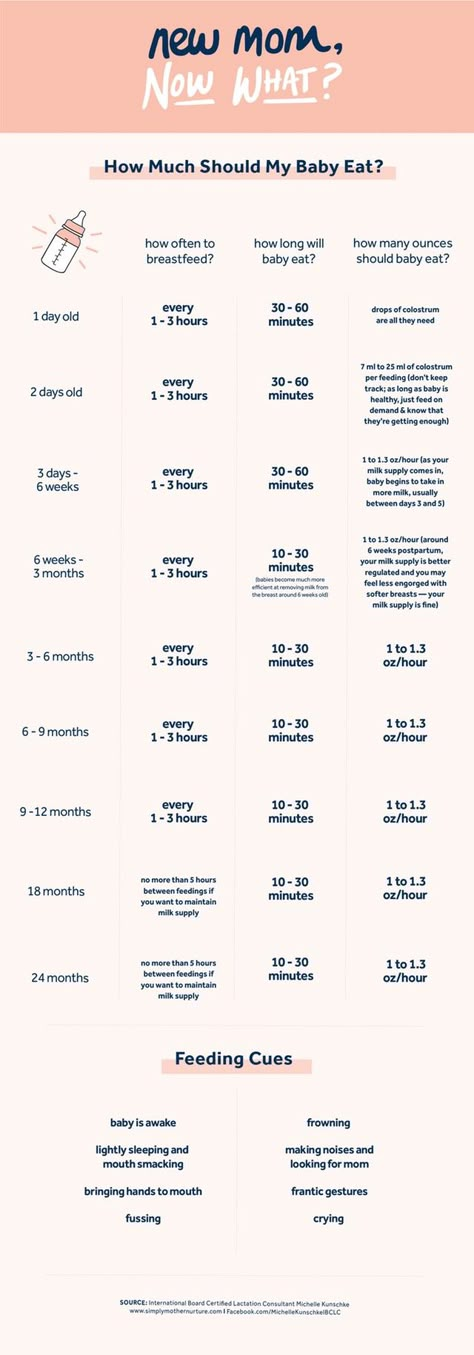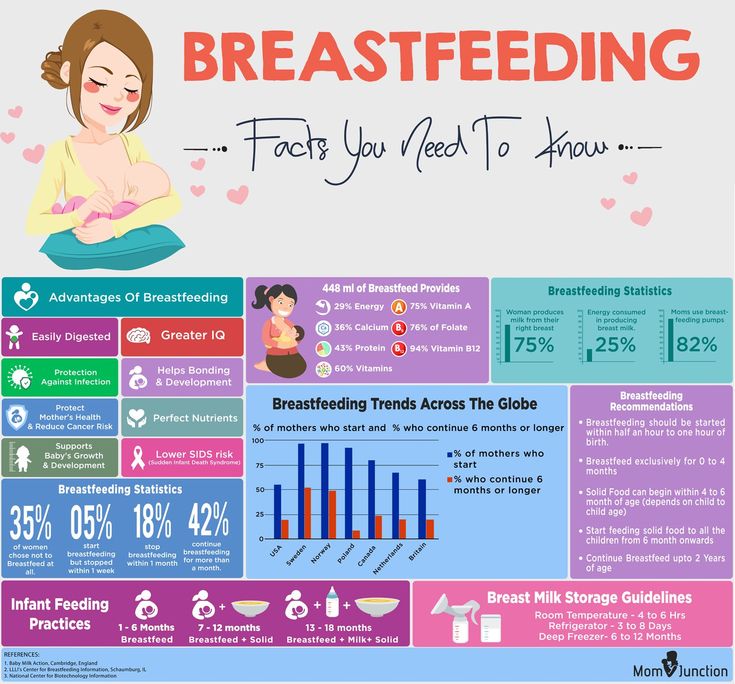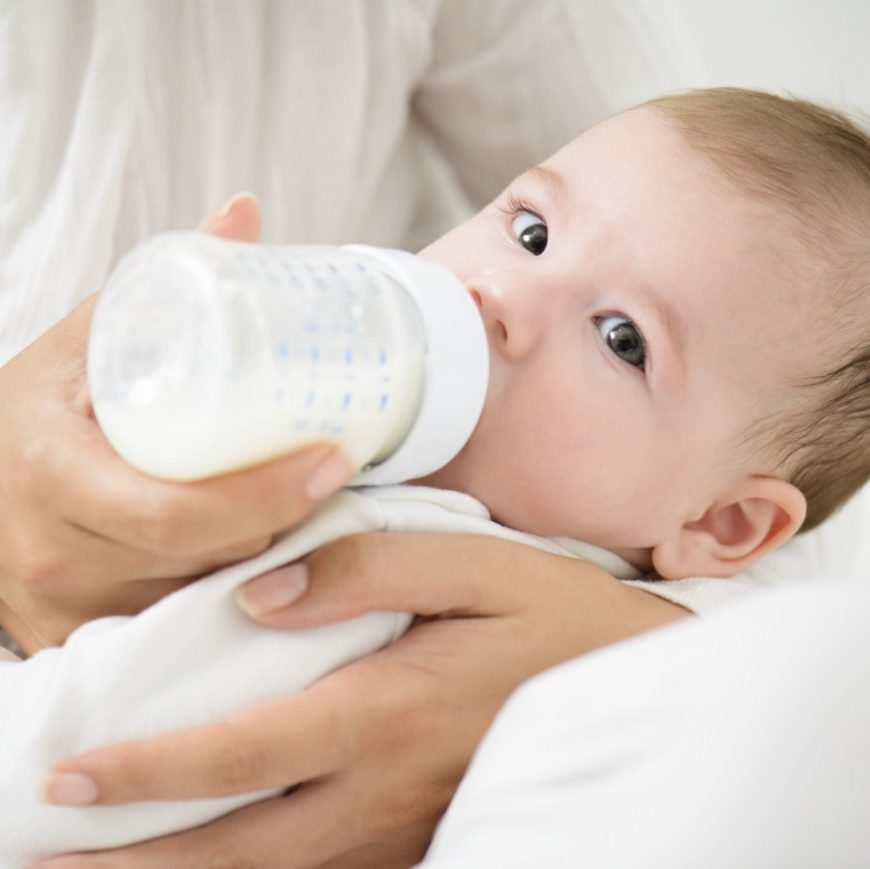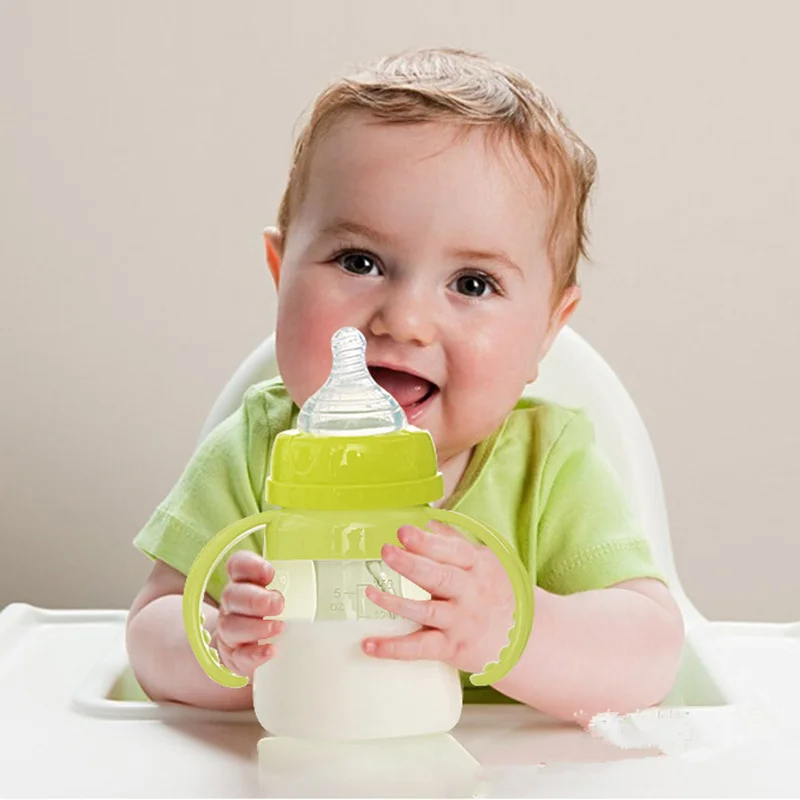My baby is feeding less than usual
Loss of appetite in babies
Feeding your baby is such a huge part of parenting — you give them a bottle to stop their crying, nurse them when they’re sick, and have a great time exploring different foods when they get big enough. It’s up there on the list of life’s great pleasures and it can be an incredible bonding opportunity. So when your baby loses their appetite, it’s distressing, no matter what stage of life they’re at. Here’s how to navigate loss of appetite in your baby.
What to do if your newborn baby or infant isn’t eating
There are a few reasons that a newborn baby may not be eating enough — a tongue tie, illness, or being born prematurely. But regardless of the reason, if your newborn isn’t feeding normally, you should call their healthcare provider, especially if your baby’s sleepy and has a loss of appetite.
This can be a sign of illness, infection, or low blood sugar. Infants dehydrate easily and not eating can quickly turn into a medical issue. Generally, they shouldn’t go without feeding for longer than five hours for their first 12 weeks.
How to increase a newborn or infant’s appetite
Newborns have tiny stomachs. They can only take in a little bit of food at each feed and need to eat every two to three hours, or a minimum of eight times a day. For the first few weeks of their life, it might seem like your newborn is constantly at your breast or wanting their bottle. It’s a lot of work but as they grow, their stomachs will too, and the amount of food they take at each feeding increases.
As much as you may want to boost your newborn’s appetite, the only safe way to do it is to wait. There are no vitamins for babies to increase their appetite, for example. And you should never force-feed them or add cereal to their bottle.
An infant’s digestive system isn’t ready for anything other than breastmilk or formula until around four to six months. Introducing it sooner in place of breastmilk or formula can put them at risk for nutritional deficiencies.
What causes loss of appetite in babies?
There’s a lot that can cause loss of appetite in a baby’s first year. Your baby will likely double their birth weight in the first four months. By the time they hit one, they’ll probably have tripled it. You’ve no doubt heard about growth spurts — periods of time where babies grow more rapidly and noticeably than other times.
To facilitate all that growth, they’ve got to drink a lot of milk or take in a lot of formula. But when that growth spurt ends, their appetite often falls off for a little while. We often see this temporary loss of appetite in three to four-month-old babies because they’ve just come off of a growth spurt.
Loss of appetite in your baby at two months might also be because of a lull in growth, but it’s more likely due to a change in the composition of your breastmilk. Until about six weeks, your breast milk contains colostrum, which has a laxative effect on the baby. As the amount of colostrum diminishes, your baby’s food goes through them less rapidly, which can trigger a decrease in appetite — as well as the number of poopy diapers you deal with.
Other causes for loss of appetite in babies include:
- Teething – a baby’s appetite may be affected by this when their teeth start to come in at about six months and the last of their baby teeth, the molars, appear around age two. Unfortunately, teething can affect a baby’s appetite — and a toddler’s too — which can strike pretty much any time within their first two years. Luckily, teething symptoms like loss of appetite, sore gums, irritability, and drooling don’t typically last longer than a few days per tooth.
- Feeling overheated – Overheating can cause your baby to sweat and become cranky, which can make them not want to eat. Try cooling them down with a wet cloth, dressing them in cotton clothing, and staying under shaded locations.
- Certain types of food – Since some foods take longer to digest — like whole grains — they may make your baby not want to eat. If your baby is starting on solid foods, it may also make them want to eat less since digestion takes longer than the milk they’ve had for the last six months.
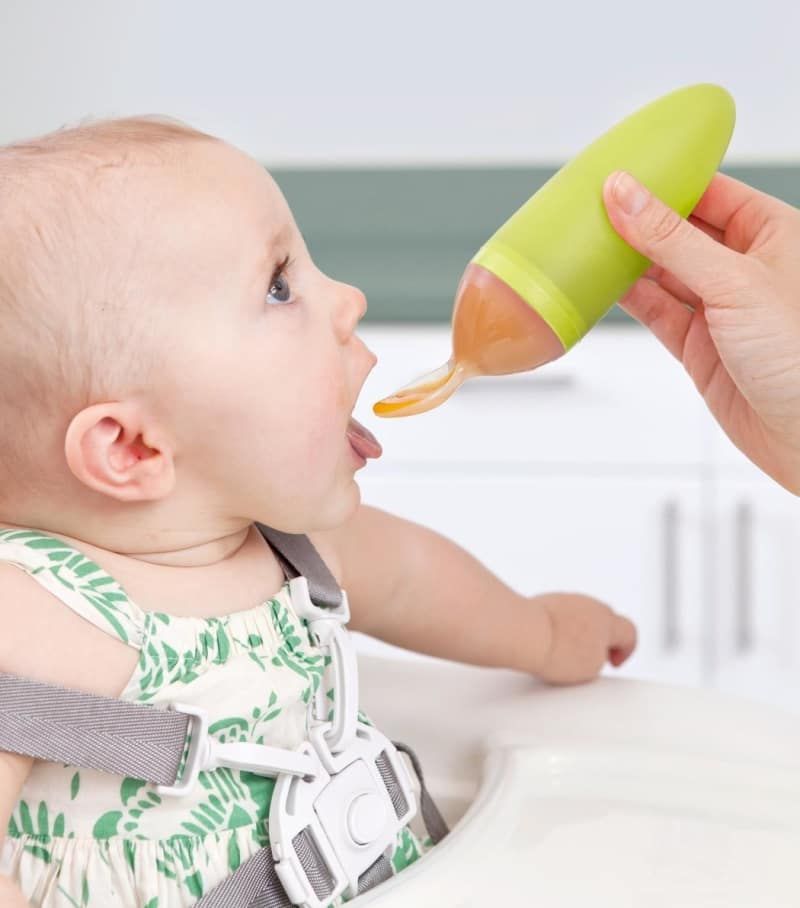 Try introducing solid foods in smaller quantities to avoid sudden loss of appetite in your baby.
Try introducing solid foods in smaller quantities to avoid sudden loss of appetite in your baby. - Vaccinations– a loss of appetite after vaccination in babies is also common. This is because babies can get a fever from the vaccination or feel pain around the injected area. However, if your baby isn’t eating for more than 24 hours after being vaccinated, you should speak to a doctor.
- Too many fluids – Giving your baby too many fluids before or with a meal can make them feel full pretty easily. With a tiny stomach full of liquid, your baby may not want to eat. If they’ve recently had breastmilk or formula, there’s no need for excess water and juice.
- Infections – Viral and bacterial infections in babies could also bring on loss of appetite symptoms — anything from the flu to an ear infection. This discomfort can make it hard for your baby to eat. On top of that, certain antibiotics can cause a lack of appetite in babies. It’s important to speak with a doctor if you notice your baby’s symptoms from the infection are getting worse.
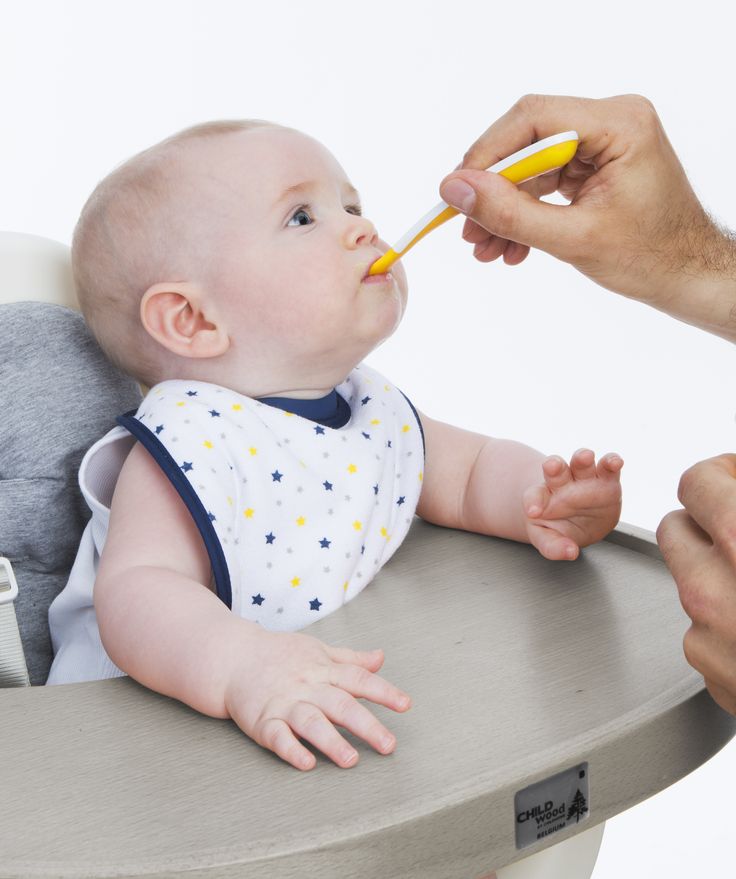
- Growth – your baby’s growth cycle can affect their appetite too. Since babies grow the quickest during their first six months, they’ll take in a lot of breastmilk or formula. From there, your baby’s growth cycle slows down between six and 12 months and again from 12 to 19 months. This means they don’t need as much food as they did when they were first born.
Symptoms of loss of appetite in babies
It’s important to monitor if your baby has a sudden loss of appetite since it could mean they’re sick. Symptoms that often accompany a loss of appetite in babies include:
- Drooling – this could be because of your baby’s teething affecting their appetite, a cold, or even allergies.
- Coughing, vomiting, or both – this might occur in a sick baby with no appetite because of a viral illness like a cold or the flu
- Irritability – this can occur whether the cause is teething or an infection
- Not eating their usual favourite foods – this can be caused by an upset stomach, teething, a cold, the flu, and more.

Tips for how to increase my baby’s appetite
There are many things you can do to increase your baby’s appetite — not only to gain weight but to improve your baby’s nutritional intake as well, such as:
- Giving them a variety of textures and flavours like bananas, sweet potatoes, eggs, meat (introduced after six months), and cheese (introduced after eight months).
- Encouraging tummy time, rolling on the floor, and any other physical activity your baby is able to do.
- Offering new food along with foods you know your baby likes — don’t be afraid to try giving the new food more than once either.
- Preparing the same food in different ways. Maybe your baby isn’t a fan of whole bananas but will drink them in a smoothie with other fruit, for example.
- Limiting mealtime to 20 minutes max and making sure there are no distractions, such as a TV or iPad.
Does a baby get more full with baby food or formula?
Formula is filled with a protein that keeps your baby fuller longer. However, introducing baby food — a form of solid food — at six months of age isn’t meant as a way to fill your baby up more than formula. A goal to starting them on solid foods is to introduce them to different flavours and textures.
However, introducing baby food — a form of solid food — at six months of age isn’t meant as a way to fill your baby up more than formula. A goal to starting them on solid foods is to introduce them to different flavours and textures.
When you start introducing solid food to your baby at this age, it’ll only be in little amounts. This means they’ll need the formula for nutrition and to help fill up their tummy. This combination should continue until they reach about 12 months of age when they no longer need formula and can just rely on solid foods.
When should I worry about my baby not eating?
Worrying yourself sick if your baby doesn’t finish every meal isn’t always necessary since they may simply be going through a growth spurt. But, if you notice a big change in your baby’s eating habits, it’s important to keep a close watch over the next few days. However, weight loss, excessive tiredness, appearing dehydrated, vomiting (more than just typical spit-up), and diarrhea can be a medical emergency in a young baby, so you should seek medical attention right away.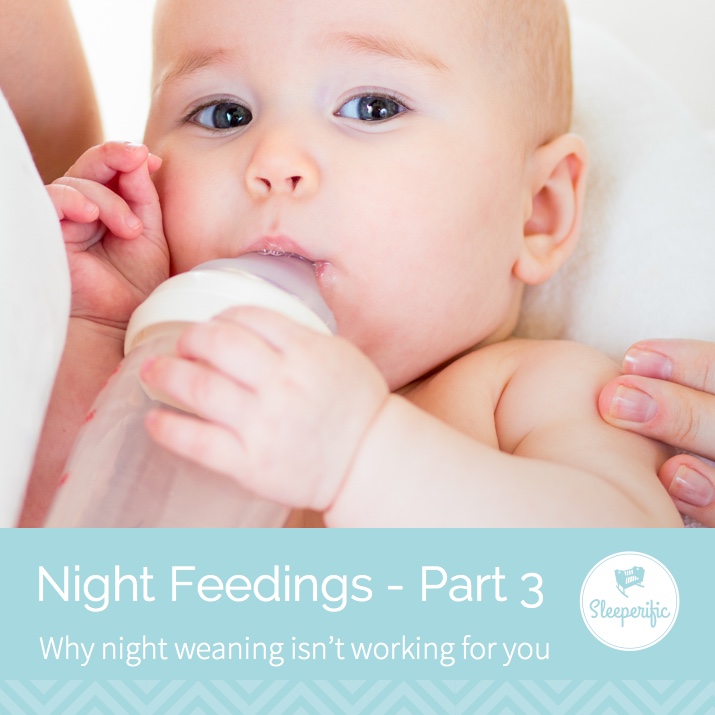
Loss of appetite in toddlers
Your three-year-old might eat as much as a full-grown adult sometimes, but a cookie is still big enough to take the edge off their hunger. While the end of a growth spurt could be the culprit, if your toddler is suddenly eating less at mealtimes, find out if they’re snacking throughout the day.
A granola bar or a handful of veggie chips likely won’t fill you up, but your toddler’s stomach is much smaller. Keep food to mealtime as much as possible or get used to trotting out dinner again just before bedtime.
While loss of appetite is usually nothing to worry about, it can sometimes mean your toddler is sick — especially if they have other symptoms. If your toddler has both diarrhea and loss of appetite, for example, it’s possible that they’ve come down with stomach flu — whether they have a fever or not. And a vomiting toddler with loss of appetite and diarrhea likely has gastroenteritis or the stomach flu. You can usually treat these conditions at home provided you monitor your child for signs of dehydration.
As upsetting as it can be, loss of appetite in babies is common and you can usually trust that your baby’s body knows what it needs. It’s important to note though that newborns and infants can become dehydrated if they don’t have breastmilk or formula every four to six hours.
If your newborn or infant appears to be lethargic, has weak muscles, or is crying inconsolably, this should be treated as a medical emergency. If your baby isn’t eating or showing any signs of being sick, however, it’s a good time to check in with a doctor.
With Maple, you can speak to a doctor about your baby not eating without having to leave home. Simply connect from your phone, tablet, or computer 24/7 for an online visit — you can even choose free prescription delivery to your home. Feel at ease about your baby’s health knowing that care from a Canadian-licensed doctor is just a few taps away.
Breastfeeding: my baby's feeding patterns have changed | Baby & toddler, Feeding articles & support
Baby feeding patterns do change as they get older. Here we explore why feeding might change and whether to do something about it.
Here we explore why feeding might change and whether to do something about it.
Although it's normal to worry, there is often a reason for changes to feeding patterns, such as feeding more or less, or refusing the breast. While you can’t always know exactly why your baby changes their feeding patterns, you can consider some of the reasons and strategies below.
My baby started feeding more often
Feeding more frequently is almost always linked with a baby’s normal increase in appetite. If you are breastfeeding, the more your baby feeds, the more milk you will make. A baby breastfeeding more frequently is their way of ensuring you make more milk (Daly and Hartmann, 1995).
My baby is feeding constantly
In the early days, there are many reasons why babies spend more time at the breast than their parents might have imagined. Primarily, it’s because newborn babies are used to being close to their mums while in the womb and recognise many of her rhythms when held close, in skin-to-skin contact or being breastfed.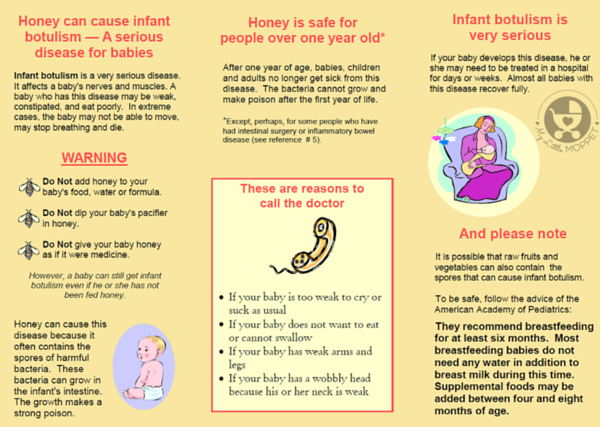 This behaviour is innate and fulfils baby’s need for contact, security, bonding and attachment, as well as the need to be fed.
This behaviour is innate and fulfils baby’s need for contact, security, bonding and attachment, as well as the need to be fed.
The early months of a baby’s life, as they adapt to the world outside the womb, is often known as the fourth trimester. It's a time when close contact with the mother helps the baby to develop a secure attachment (Raff, 2017).
The security and emotional connection they have at the breast can be important for babies of all ages (Narvaez, 2011). All of this stimulus can be perceived as baby wanting to feed more or needing more food, when in fact it is normal infant behaviour.
Baby feeding and growth spurts
Traditionally, babies feeding more often can be explained as your baby having a growth spurt. A growth spurt is a term describing when a baby’s eating and growth increases or when they reach a developmental milestone (Kelly Mom, 2018).
Signs your baby might be having a growth spurt are:
- A need to feed more often.
- An increase in weight gain.

- Tighter clothing or a feeling that they’re heavier when picked up.
- Sleeping more, which helps them to grow.
- Deeper, more intense feeds.
- Being more fussy, or needing more comfort and cuddles.
- They might also want to be at the breast more at times when they need reassurance and comfort.
(Kelly Mom, 2018)
We do know that babies don’t all grow predictably and at the same rate as each other, like you might imagine from looking at growth charts (Wright et al, 2010).
My baby is feeding less than before
If you feel that your baby is not feeding well, it’s important to realise that feeding less can be normal too. Older babies can often get what they need with shorter, and/or less frequent feeds.
Babies might reject the breast, by turning their heads away when it’s offered, and/or show clear signs they’re finished sooner than you’ve been used to. They may be satisfied with one breast, perhaps, or break off after just a few minutes and refuse to go back on.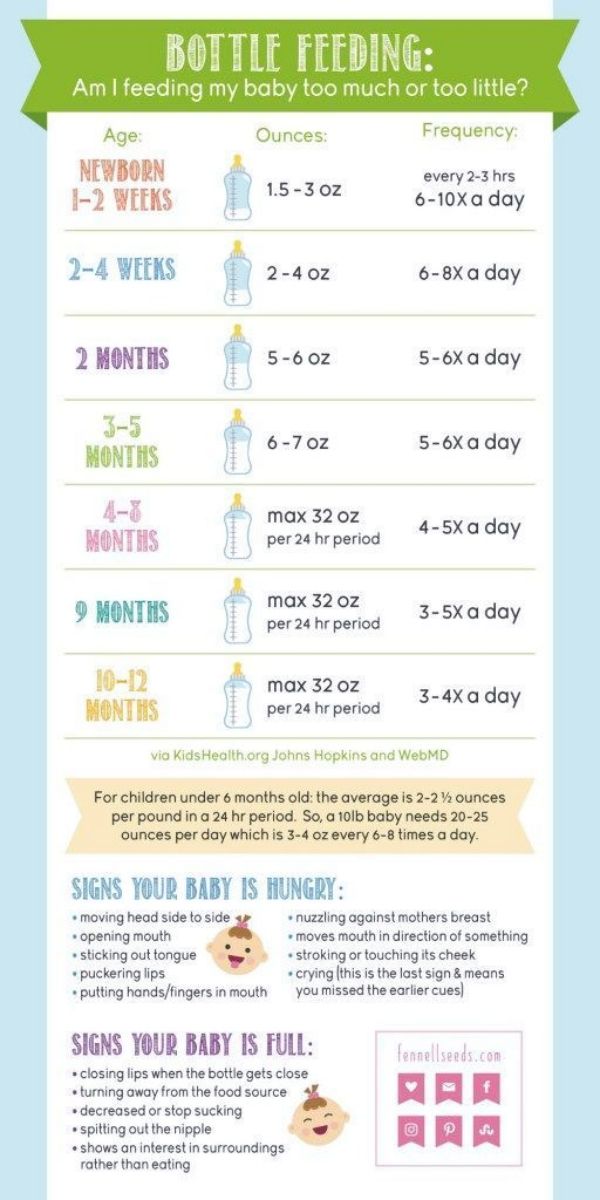
If your baby is healthy, growing well, producing plenty of wet and dirty nappies and thriving in other respects, there’s normally no need for concern about this. Baby feeding patterns can vary over time.
Breast refusal
Sudden, but temporary, breast refusal can sometimes be referred to as a nursing strike (La Leche League, 2017). Your baby might refuse the breast entirely and be distressed or seem to reject it if you keep offering.
Signs of breast refusal may include being unhappy at the breast, crying at the breast, not wanting to be held or pulling away from the breast, fighting your breast physically with their fists (Mohrbacher et al, 2003).
Why is my baby not feeding as well or refusing the breast?
There are many reasons why babies may not feed as well as previously or refuse the breast, including:
- A sore or uncomfortable mouth.
- Earache or another illness, such as chicken-pox or hand foot and mouth disease.
- Discomfort of some other sort, such as teething.
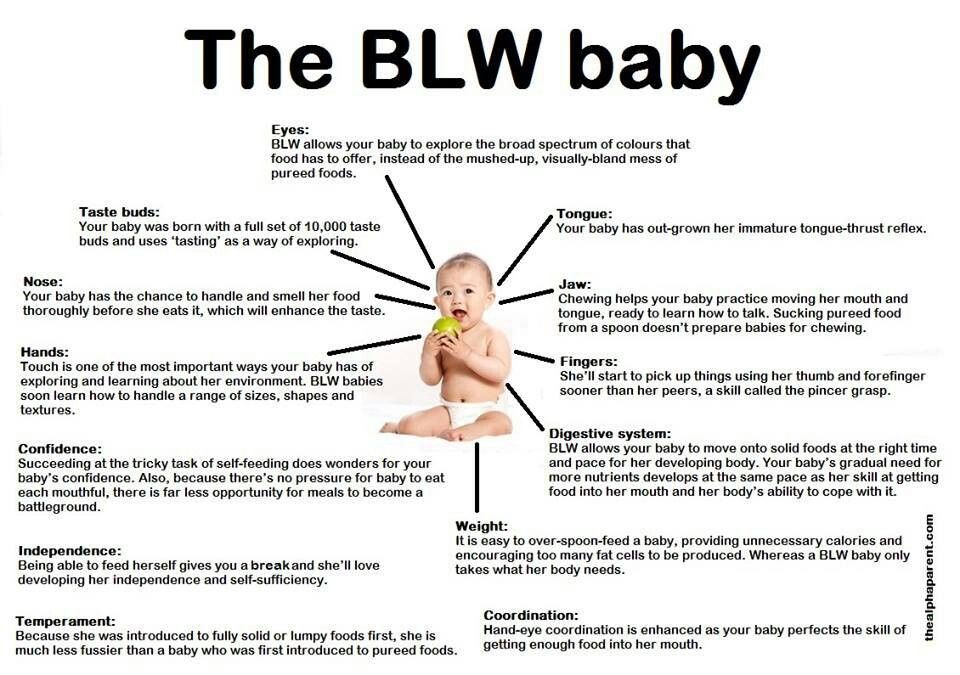
- A lack of energy due to mild illness.
- Pain or tension associated with the birth.
- Forceful ejection reflex, fast flow or oversupply of milk in the mother that causes the baby to cough, splutter or choke.
- Breasts feel full or engorged, making it more difficult for baby to attach.
- Older babies may become more distracted during a feed, and might not feed so well if there are other things going on around them.
- Feeding from a bottle, which may interfere with breastfeeding.
- Thrush inside a baby’s mouth, which can be painful for babies.
- A number of factors can change the taste of breastmilk. Some food flavours can transfer to breastmilk. Strenuous exercise can alter breastmilk taste due to an increase in lactic acid. Occasionally, a particular medication, such as an antibiotic or combined pill, can affect the taste of breastmilk too.
- Acid reflux and colic can both cause babies to want to feed little and often.
- Babies sometimes refuse the breast when something upsetting or strange has happened to them.
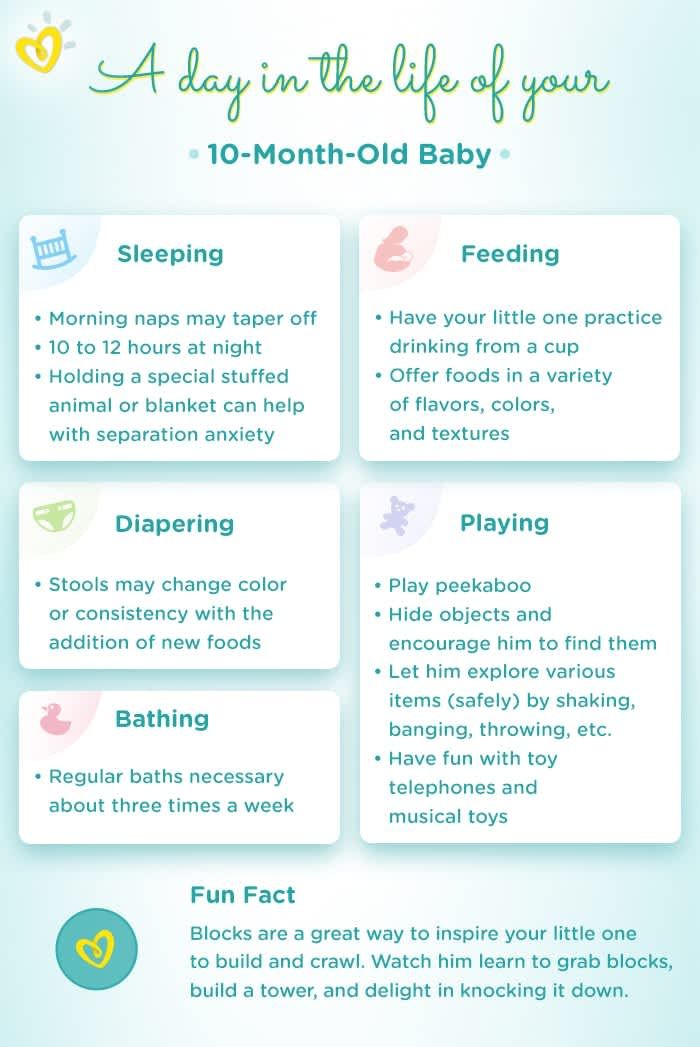
(Mohrbacher et al, 2003; La Leche League, 2017; Kam, 2021)
Sometimes, it’s not possible to say what might have caused the ‘strike’. For more details, see our article Why is my baby refusing the breast?
What could I try if my baby is feeding less or refusing the breast?
There are many reasons why a baby may not be feeding well or refusing the breast. So there are as many different things you might try to encourage them to feed better or to return to the breast.
Trying to force a reluctant baby to feed is unlikely to work and can make your baby more upset. Patience, being calm, cuddles and close contact can often help
You could also try:
- being vigilant for your baby’s feeding cues and responding to the earliest cues, or offering your baby the breast while they are sleepy
- expressing a little at the beginning of a feed if the breasts are full or engorged, or if you have a very strong let-down
- skin-to-skin contact, even when your baby doesn’t appear hungry
- feeding in a quiet, calm place
- holding your baby in a different position
- if you are mixed feeding, try paced bottle feeding.

You may find it helpful to have a discussion with a breastfeeding counsellor, who might have other ideas she can share with you.
See our article about breast refusal for more tips to help your baby who’s refusing the breast to breastfeed and for tips to help lower your stress levels.
This page was last reviewed in January 2022.
Further information
NCT supports all parents, however they feed their baby. If you have questions, concerns or need support, you can speak to a breastfeeding counsellor by calling our helpline on 0300 330 0700, whether you are exclusively breastfeeding or using formula milk. Breastfeeding counsellors have had extensive training, will listen without judging or criticising and will offer relevant information and suggestions. You can also find more useful articles here.
National Breastfeeding Line (government funded): 0300 100 021.
NHS information on mastitis
Best Beginnings - Bump to Breastfeeding DVD Chapter 7 'Overcoming Challenges'
Healthtalkonline. org: Managing Breastfeeding – dealing with difficult times
org: Managing Breastfeeding – dealing with difficult times
What is normal breastfeeding? | Interview with Dr. Jacqueline Kent
It can be difficult for new mothers to understand if breastfeeding is going well, so we decided to ask the expert if it is possible to talk about the norms when it comes to breastfeeding.
Share this information
Dr Jacqueline Kent, Research Fellow, Hartmann Human Lactation Research Group:
Jacqueline joined the University of Western Australia research team in 1986 and received her PhD in 1999. She is currently researching the biochemical and physiological aspects of breast milk synthesis and release in search of scientific information to help mothers breastfeed longer.
Dr. Jacqueline Kent and her colleagues have been studying breastfeeding for many years. As it turned out, for all mothers and babies, this process occurs in its own way.
What were the most surprising results of your research?
Variety.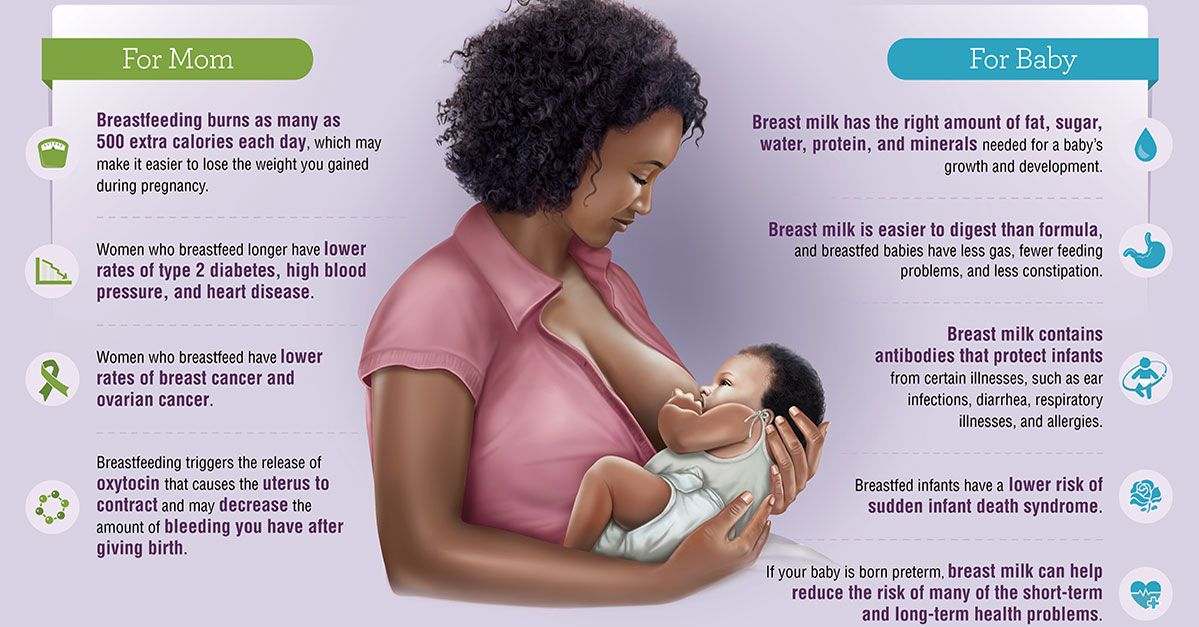 It turns out that the limits of the norm are extremely wide.
It turns out that the limits of the norm are extremely wide.
We are used to textbooks that say that an infant should eat 8-12 times a day and gain 150 grams per week. But babies don't read textbooks and do things their own way! Some gain weight more slowly, others very quickly.
We observed infants aged one to six months who were exclusively breastfed. As our studies have shown, on average, a child is breastfed 4 to 13 times a day, and the duration of one feeding varies from 12 minutes to 1 hour. 1
How much milk do breastfed babies usually consume?
According to our research, the volume of milk consumed by baby
ranges from 54 to 234 ml per feeding. 1
Sometimes it seems to the mother that the baby ate well, but when weighed, it turns out that he ate very little milk. And it happens the other way around: the child is distracted, breastfeeds for only a few minutes and still eats 100 ml of milk. Even if the baby is restless, this does not mean at all that he is malnourished.
All babies are different, but they all get the amount of milk they need in one way or another. One needs 500 ml of milk per day, while others eat up to 1356 ml!
By the way, boys on average eat 76 ml more milk per day than girls. The main thing is that you have enough milk, and the baby will decide when and how much he will eat.
Should I offer my baby a second breast?
I advise offering the second breast to the baby after the first has been completely emptied. If he accepts it, then he hasn't finished eating. If not, don't worry. Let the baby decide for himself - only he knows when he is full. According to our research, 30% of babies get enough milk from one breast, 13% eat from two breasts at each feed, and 57% from time to time. 1
How do you know if a baby is getting enough milk?
In my experience, mothers often blame themselves for not producing enough milk. Ask yourself: Is my child growing? Is he putting on weight? Is he cheerful? Is his skin healthy? How often does he get diapers dirty? If the answer is “yes”, then the baby is getting enough milk, no matter if he eats a lot or a little.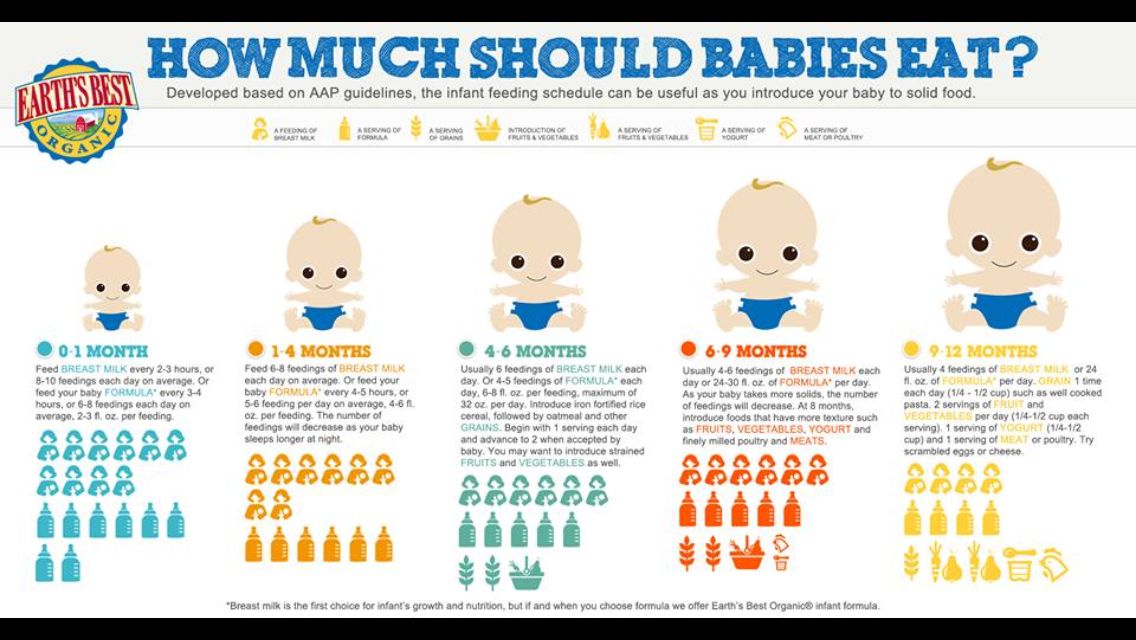
What is the most common misconception about breastfeeding?
Mothers usually think that the older the child gets, the more often
he needs to be fed and the more milk he will eat. They are often surprised to learn that between the 4th and 26th weeks, total milk production normally does not change. 2
In the first few months, the baby grows very quickly and his metabolism is accelerated. The milk that the child consumes during this period is almost completely used for growth and maintenance of metabolism.
Between the ages of three and six months, metabolism slows down and growth slows, so the same amount of milk is sufficient for the baby. In other words, the baby does not have to consume more and more milk as they grow older. On the contrary, feedings become shorter and less frequent, but at the same time the child receives the same amount of milk, because he suckles better.
Do studies say anything about the age at which breastfed babies start sleeping through the night?
Most babies need to be fed at night.
A baby's stomach is not large enough to go all night without a feed, and breast milk is digested very quickly. Therefore, it is natural for the baby to wake up at night - and this usually continues for at least the first six months. Feeding at night is normal. When you feed your baby at night, do not even hesitate - all over the world at this moment other mothers of babies of the same age are doing the same. Be patient - it usually only lasts a few months. 1
What worries new mothers the most during the first few weeks of breastfeeding?
The most common concern is whether the baby latch on properly, sucks well, and is full during feeding. Often mothers also worry about sore nipples. The main thing is to find the right position for feeding from the very beginning and ensure that the baby is latching on correctly. Practice shows that this significantly affects the flow of milk and the convenience of feeding.
What breastfeeding symptoms should be of concern?
Milk production usually returns to normal levels two weeks after birth. If the child does not begin to gain weight on the fifth or sixth day of life, it's time to sound the alarm. You should contact your doctor to make sure that milk is being produced and that its composition is changing from colostrum to mature breast milk.
If the child does not begin to gain weight on the fifth or sixth day of life, it's time to sound the alarm. You should contact your doctor to make sure that milk is being produced and that its composition is changing from colostrum to mature breast milk.
What advice would you give to a new breastfeeding mother?
Try to ensure skin-to-skin contact with the baby as soon as possible after delivery. If possible, feed your baby within the first hour of life, or at least breastfeed. As soon as possible, contact a specialist to correct the position and grip of the breast during feeding and thus avoid damage to the nipples.
Feed frequently. Young mothers do not immediately succeed in correctly recognizing the signals that the child gives. Be sure to feed your baby on demand, and not at set intervals. Offer the breast as soon as you notice any signs of hunger - as a rule, the baby suckles better when he is calm. If he cries, it is more difficult for him to take the breast.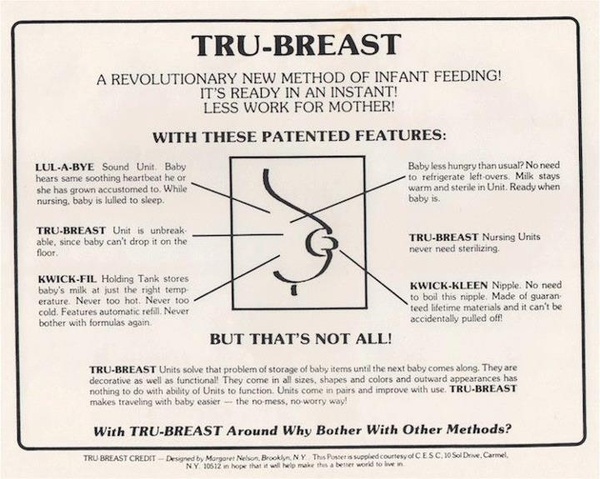 If you are not sure what the child wants, offer him the breast. He decides whether he wants to eat or not.
If you are not sure what the child wants, offer him the breast. He decides whether he wants to eat or not.
To learn more about Dr. Kent's research, download infographic "How to determine the limits of normal when it comes to breastfeeding" or see it below.
Literature
1 Kent JC et al. Volume and frequency of breastfeedings and fat content of breast milk throughout the day. Pediatrics . 2006;117(3): e 387-395. - Kent J.S. et al., "Amount and frequency of breastfeeding and fat content of breast milk during the day." Pediatrix (Pediatrics). 2006;117(3):e387-95.
2 Kent JC et al. Longitudinal changes in breastfeeding patterns from 1 to 6 months of lactation. Breastfeeding Medicine . 2013;8(4):401-407. - Kent J.S. et al., Longitudinal changes in breastfeeding patterns from 1 to 6 months of lactation. Brest Med. 2013;8(4):401-407.
What to do if the child does not eat well.
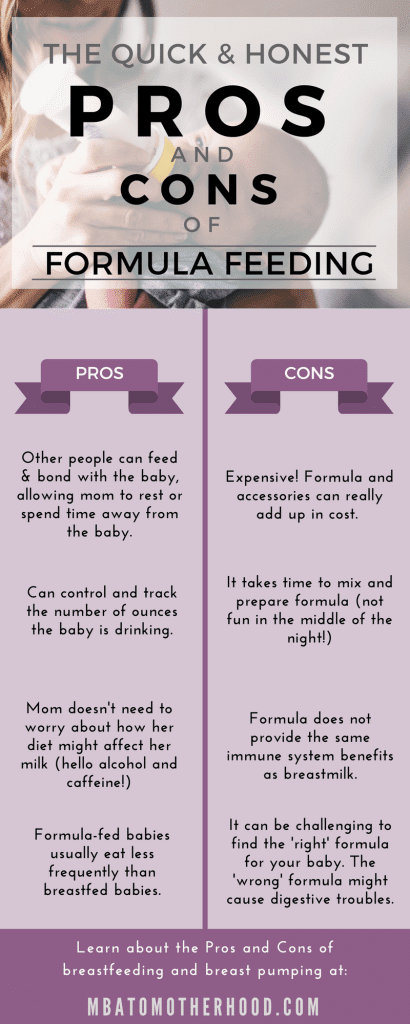
Child from birth demands to eat instinctively . If the child is healthy, he eats as much as his body requires. Over the years, our instincts weaken and eating behavior begins to rely not only on the needs of the body, but also on:
- socio-psychological situation
- experience
- emotional state
It is very important to be able to distinguish between a true decrease in appetite and a false one. If false, there are no problems with food or health, but at the same time, parents are unhappy with the amount of food eaten.
To diagnose the child's eating behavior, it is necessary, first of all, to clarify the general state of the child's health, his activity, growth and weight indicators and their dynamics, and especially the rhythm of nutrition.
Types of refusal to eat:
- A child older than 1.5–2 years does not eat certain food groups. For example, refuses vegetables, meat or cereals.
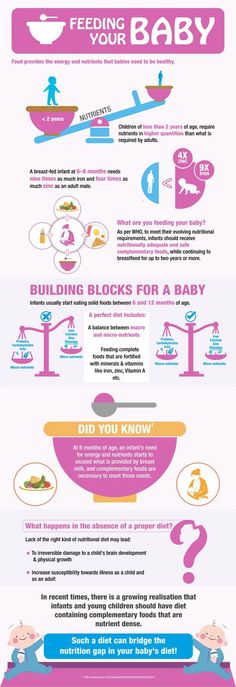
- The child bites and eats mainly junk food: sweets, fast food and processed meat (sausages, sausages).
- A child older than one and a half years of age eats only liquid, homogeneous food (for example, milk, formula or puree).
- The child refuses any food and goes on a hunger strike
- The child experiences fear when eating due to some trouble that occurred while eating.
- For diseases of the oral cavity and disorders of the digestive system. The child avoids pain when eating or after eating.
- The child may not eat well when he is not feeling well. This is a normal human reaction to the disease.
- Increased nervous excitability. An excited child can hardly secrete the required amount of saliva, so it is difficult for him to have dryish food. If you are under a lot of stress, you may have trouble swallowing due to throat spasms.
Consequences of refusal to eat:
- the child does not gain weight for a long time, growth and lags behind in physical development
- chronic eating disorder, deficiency of vitamins and microelements layer is very thin.
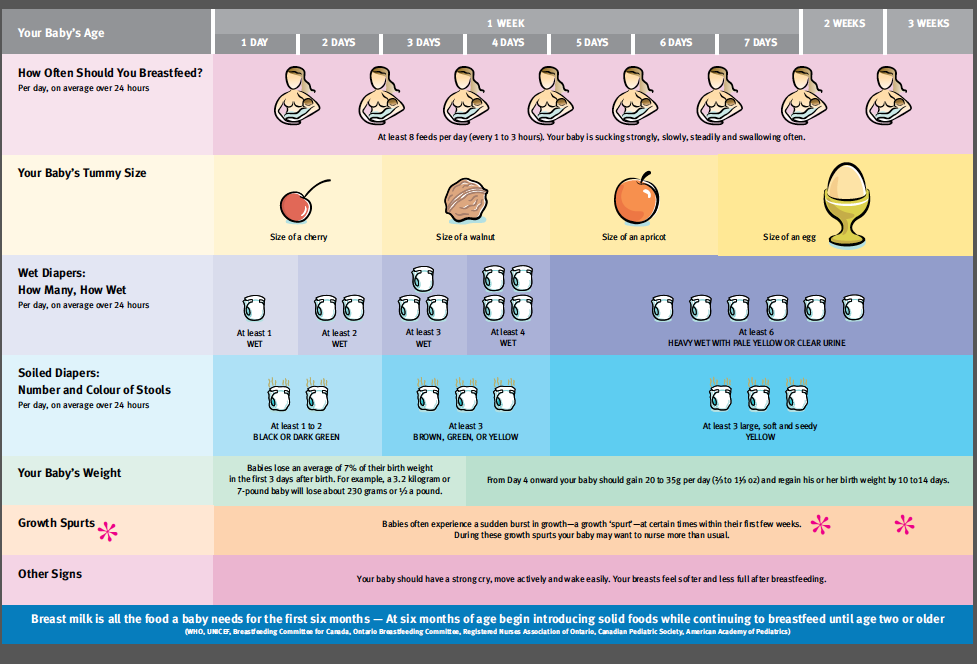 There is a decrease in immunity, a tendency to frequent infections and their protracted course; fatigue and general weakness.
There is a decrease in immunity, a tendency to frequent infections and their protracted course; fatigue and general weakness. If diseases are ruled out, in most cases the problem of the child's selective appetite can be solved by the parents on their own.
What to do?
Lots of recommendations. To normalize the appetite will have to spend a lot of time and effort. Therefore, be patient.
- There is one simple rule that helps to determine the amount of food a child needs: the number of spoons of each meal eaten must be at least the number of full years . You can conclude a kind of contract to comply with this rule. If a child understands agreements, he can correctly calculate his strength and build waiting . Large plates can scare a child, as can huge portions.
- Think about how a child usually eats. If it is filled with persuasion, quarrels, threats of punishment, then a decrease in appetite is quite natural.
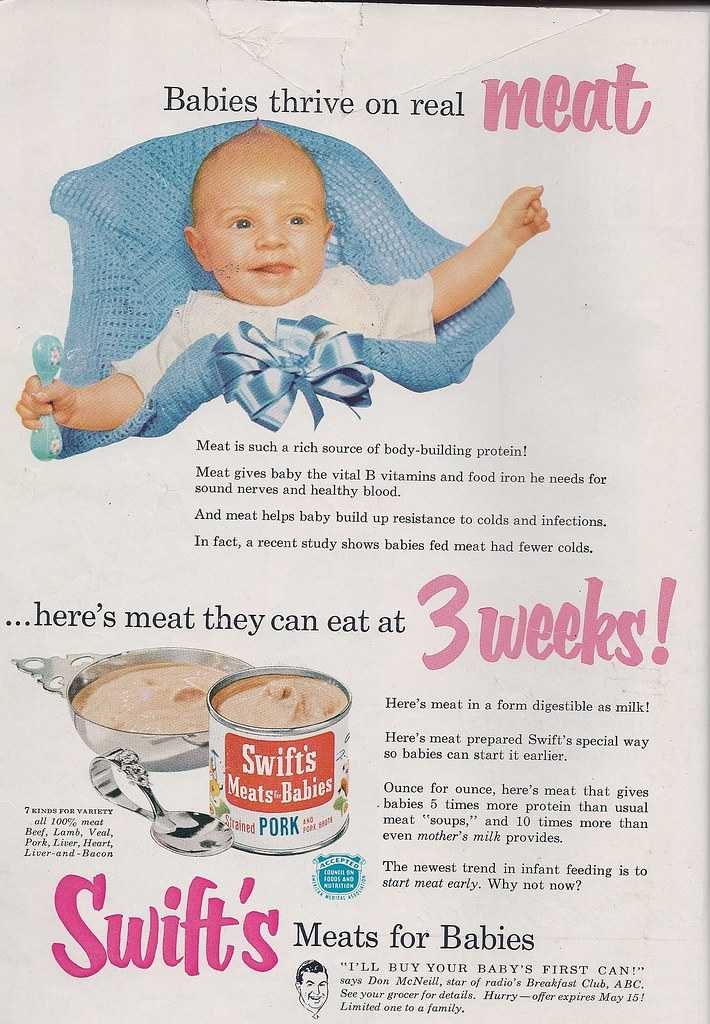 Our psyche is arranged in such a way that the emotional coloring of events occurring at the same time is mixed and attached to each other . If food becomes a cause of conflict with parents, the child experiences unpleasant emotions - resentment, shame, anger, etc. These emotions are superimposed on all meals. Try not to force him to finish his plate, do not threaten punishment. The more you force, the more the child will resist. Make your meal a pleasant event of the day in a warm family circle with a beautiful table setting.
Our psyche is arranged in such a way that the emotional coloring of events occurring at the same time is mixed and attached to each other . If food becomes a cause of conflict with parents, the child experiences unpleasant emotions - resentment, shame, anger, etc. These emotions are superimposed on all meals. Try not to force him to finish his plate, do not threaten punishment. The more you force, the more the child will resist. Make your meal a pleasant event of the day in a warm family circle with a beautiful table setting. - However, the opposite situation also happens: the mother, on the contrary, does not offer food too persistently. There is an opinion: you need to make 8 to 15 unobtrusive attempts, preferably in a playful way, so that the child gets used to unfamiliar food. Use little tricks. Offer new foods to your child to choose from - for example, from 2-3 dishes. This will help him understand that his opinion is taken into account in the family.
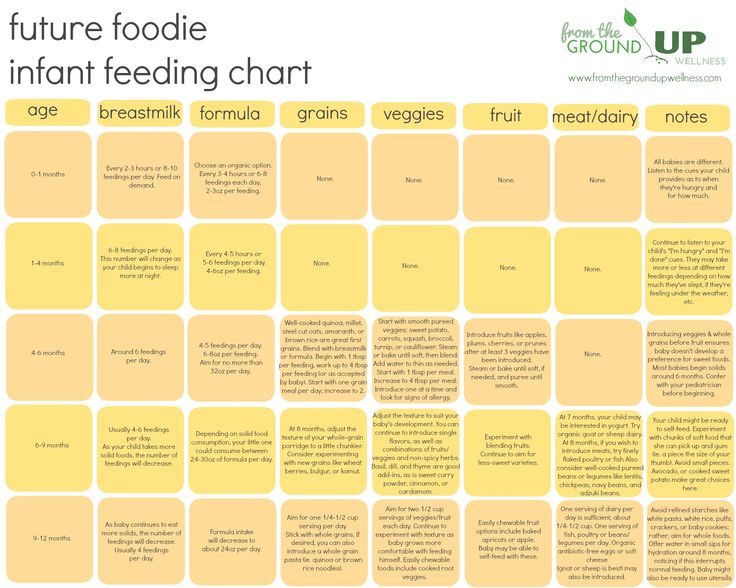 Replace products. Try different types of meat - the child will surely choose something for himself, because he needs iron in an easily digestible form, which can only be obtained from meat products. Add mince to vegetables. Use different cooking methods.
Replace products. Try different types of meat - the child will surely choose something for himself, because he needs iron in an easily digestible form, which can only be obtained from meat products. Add mince to vegetables. Use different cooking methods. - Selective appetite develops in children of parents who use food as a reward or as blackmail: "If you don't eat soup, you won't go for a walk." Pediatricians emphasize that food is a source of nutrients, fuel for the body, and not a means of manipulation.
- You should not feed a child mechanically when he is engrossed, for example, in a game or watching a movie - many children eat well under advertising or on a tablet, not feeling the taste of food at all, which ultimately only reduces their appetite.
- Children are much more willing to eat what has been cooked with them, so feel free to involve them in the cooking process. Turn cooking into an exciting joint creativity, and you will see how the child gradually changes his attitude to food.
